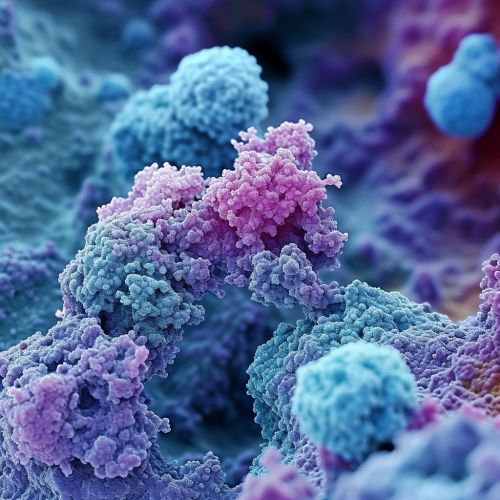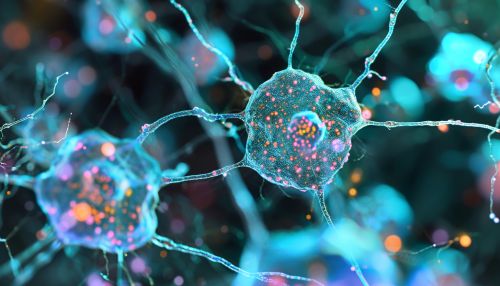Oligodendrocyte progenitor cells
Introduction
Oligodendrocyte progenitor cells (OPCs), also known as NG2-glia or polydendrocytes, are a type of cell that play a crucial role in the central nervous system (CNS)Central Nervous System. They are responsible for the production of myelin, a fatty substance that insulates nerve fibers and allows for efficient transmission of electrical signals between cellsMyelin. OPCs are unique in their ability to proliferate and differentiate into mature oligodendrocytes throughout life, a feature that is critical for brain development and function.


Development and Differentiation
OPCs originate from the neural stem cells (NSCs)Neural Stem Cells in the subventricular zone (SVZ)Subventricular Zone and spinal cord during embryonic development. The differentiation of OPCs into mature oligodendrocytes is a complex process that involves multiple stages and is regulated by a variety of signaling pathways and transcription factors.
Function
The primary function of OPCs is to generate myelin-forming oligodendrocytes. However, recent studies have suggested that OPCs may also have other roles in the CNS, including modulation of neuronal activity, regulation of blood flow, and response to injury or disease.
Role in Disease
OPCs have been implicated in a number of neurological disorders, including multiple sclerosis (MS)Multiple Sclerosis, stroke, and certain types of brain tumors. In MS, for example, OPCs are thought to play a role in the remyelination process, which is often impaired in patients with the disease.
Future Research
Given their potential roles in disease and injury, OPCs are a major focus of research in neuroscience. Understanding the biology of OPCs could lead to new treatments for a variety of neurological disorders.
